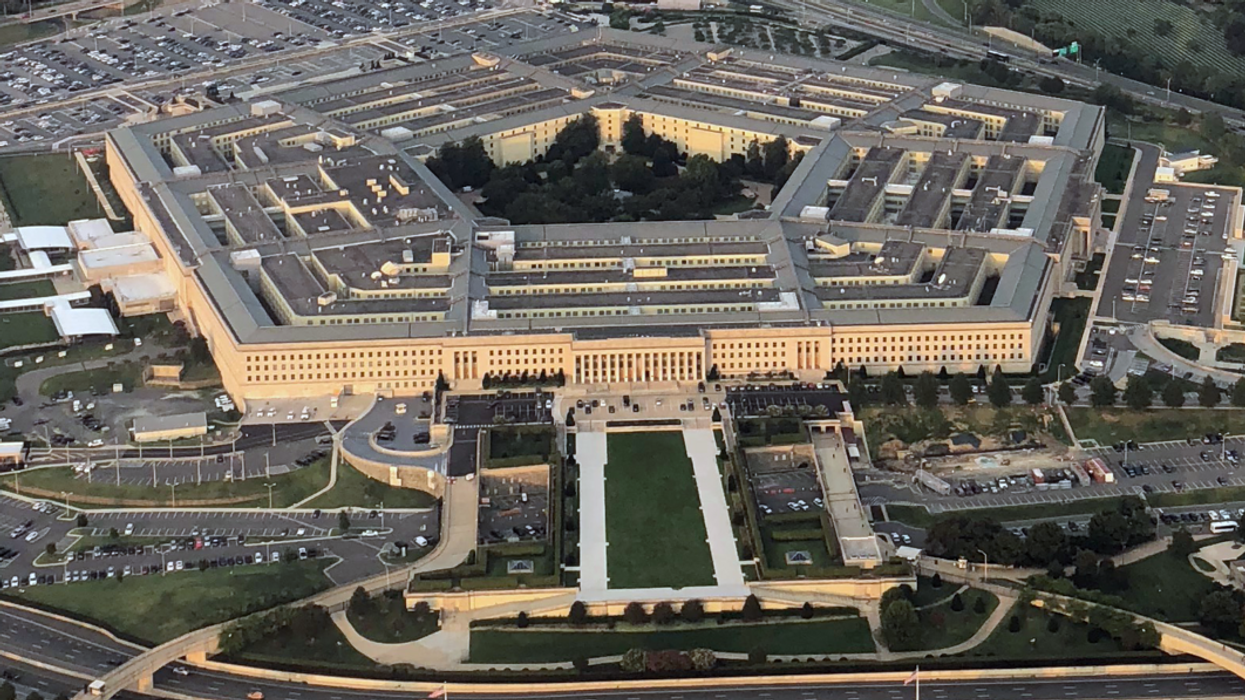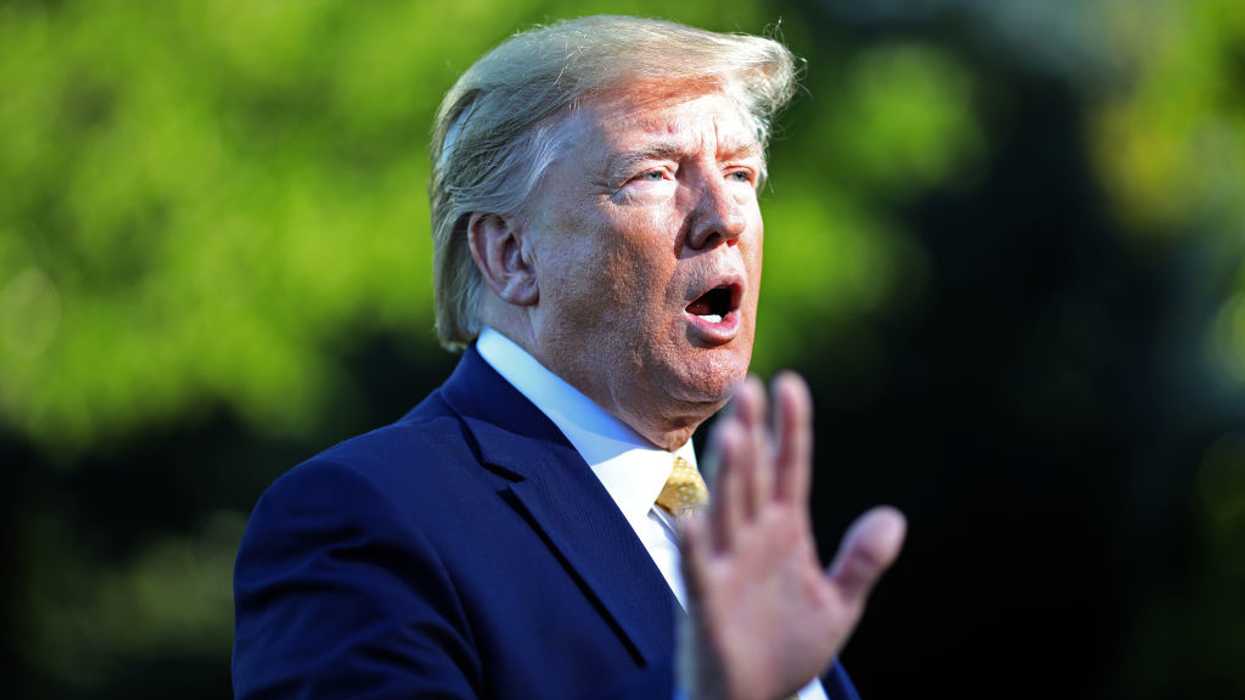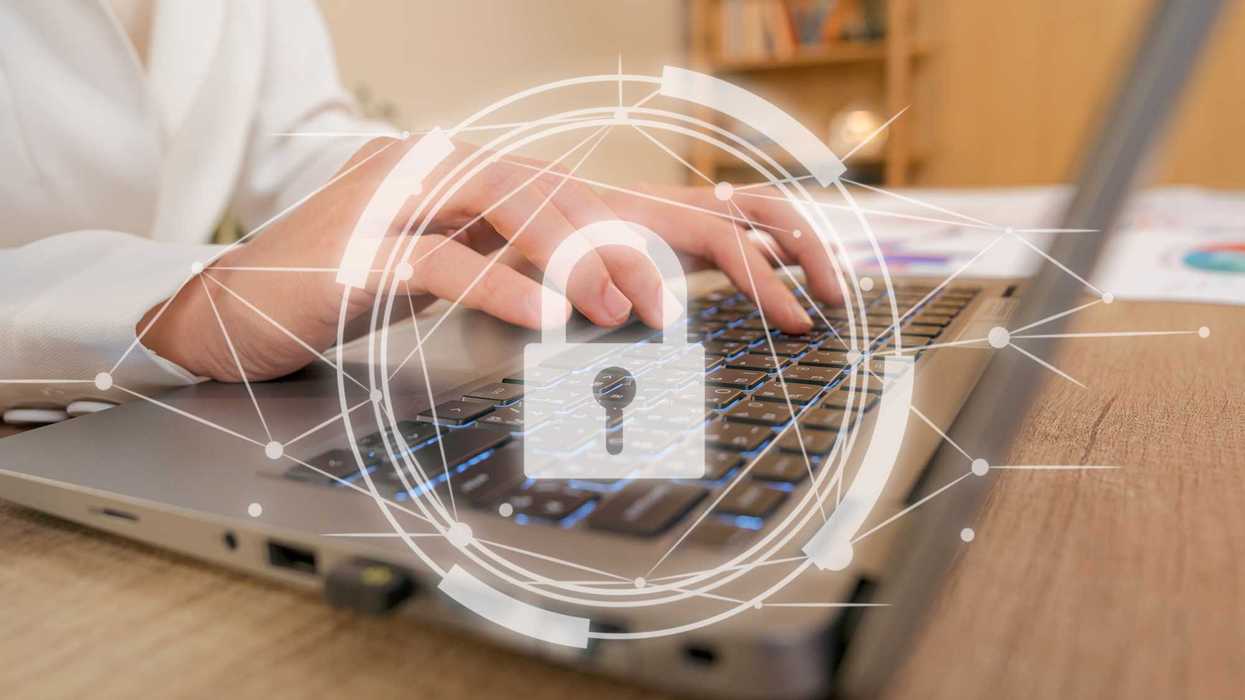The Trump Administration is ramping up its ongoing effort to curtail press freedom. While much attention has been paid to ABC’s cancellation of Jimmy Kimmel Live! under pressure from Trump’s media enforcer, Federal Communications Commission Chair Brendon Carr, the Pentagon has announced draconian new restrictions on the press.
Last week, as the Boston Globe noted, it said “credentialed journalists at the military headquarters” will be required to sign a pledge to refrain from reporting information that has not been authorized for release….Journalists who don’t abide by the policy risk losing credentials that provide access to the Pentagon.”
You read that right.
Reporters will now have to obtain permission from the individuals they are covering before publishing stories about them or anyone else.
This seems like the kind of thing which we might expect from the Kremlin in Moscow or from Communist China. Or, maybe in a parody of George Orwell’s dystopian novel, 1984, but the Trump Administration is making it an American reality in 2025.
Let’s face it. Neutering the press is one way of neutering democracy.
And defending the press is an important way to defend democracy. It is not easy to do so at a time when officials regularly accuse reporters of peddling fake news, and when public confidence in the news media is at an all-time low.
However, it has never been as crucial for Americans to push back against the kind of restrictions on the press that Secretary of War Pete Hegseth is imposing as it is right now. They are, as Kevin Baron, the former vice president of the Pentagon Press Association, puts it, “100% an attempt to kill transparency and funnel all public information through the government, which goes against every constitutional principle of free speech you can imagine.”
Before discussing those restrictions further, let me elaborate on the importance of press freedom for the health of democracy.
Let’s start with Thomas Jefferson’s 1878 tribute to the press. “The basis of our governments being the opinion of the people,” he said, “the very first object should be to keep that right; and were it left to me to decide whether we should have a government without newspapers, or newspapers without a government, I should not hesitate a moment to prefer the latter.”
Twelve years later, as if foreseeing the present moment, Jefferson observed, "Our citizens may be deceived for a while, and have been deceived; but as long as the presses can be protected, we may trust to them for light."
Alexander Hamilton also believed that "the liberty of the press consists in the right to publish, with impunity, truth, with good motives and for justifiable ends" was essential in making it possible for the public “to know the truth about its government and leaders” and to make informed electoral choices.
In the middle of the nineteenth century, Abraham Lincoln “loved newspapers for what they were and for what they could do for him in politics.” But he was also quite vexed by what he perceived as animosity from some leading publishers.
During the Civil War, Lincoln even allowed his Secretary of War, Edwin Stanton, to shut down two New York newspapers after they published a forged presidential proclamation calling for 400,000 more troops through either voluntary enlistment or a new draft. Lincoln believed that doing so would undermine the war effort.
However, Lincoln did not do more to control the press because he understood its importance in facilitating dissent in a democratic republic.
A little less than a century later, the renowned Judge Learned Hand described the role of the press and its operation this way: “News is history; recent history, it is true, but veritable history, nevertheless; and history is not total recall, but a deliberate pruning of, and calling from, the flux of events. Were it possible,” Hand added, “by some magic telepathy to reproduce an occasion in all its particularity, all reproductions would be interchangeable.”
“But,” Hand explained, ”there is no such magic; and if there were, its result would be immeasurably wearisome, and utterly fatuous. In the production of news, every step involves the conscious intervention of some news gatherer, and two accounts of the same event will never be the same.”
That is how a free press feeds a free people. It does so by offering differing accounts of public events and allowing the public to see the political world from different angles.
And in 1971, Supreme Court Justice Hugo Black gave, I think, an articulation of the role of the press in the United States that allows us to see clearly the danger of what Pete Hegseth is doing at the Pentagon. “In the First Amendment,” Black wrote, “the Founding Fathers gave the free press the protection it must have to fulfill its essential role in our democracy.”
“The press,” Black continued, channeling Jefferson, “was to serve the governed, not the governors. The Government's power to censor the press was abolished so that the press would remain forever free to censure the Government. The press was protected so that it could bare the secrets of government and inform the people.”
“Only a free and unrestrained press can effectively expose deception in government. And paramount among the responsibilities of a free press is the duty to prevent any part of the government from deceiving the people and sending them off to distant lands to die of foreign fevers and foreign shot and shell.”
Black concluded that “Both the history and language of the First Amendment support the view that the press must be left free to publish news, whatever the source, without censorship, injunctions, or prior restraints.”
That brings us back to the Pentagon’s new policy concerning the press. It imposes the very kind of prior restraint that Black understood would mean the death of press freedom and of democracy itself.
That policy is detailed in an eighteen-page document issued on September 18. In one sentence, it says, “DoW remains committed to transparency to promote accountability and public trust.” But in the next, it offers its own Kafkaesque version of transparency: “DoW information must be approved for public release by an appropriate authorizing official before it is released, even if it is unclassified.”
One might reasonably ask how likely it is that any such official will authorize the release of information that “bares the secrets of government” or exposes “deception in government?”
Moreover, reporters covering the Pentagon will no longer be allowed on several floors of the building unless they have a government escort. In the past, journalists could walk the halls independently.
As Hegseth described them, the new guidelines make clear that “The ‘press’ does not run the Pentagon — the people do.” The press, he said, “is no longer allowed to roam the halls of a secure facility. Wear a badge and follow the rules — or go home.”
What Hegseth would have us forget is what Jefferson, Lincoln, Hand, and Black knew. If the press is not free to do its job, then the people will not be able to run the government, including the Pentagon.
That, I suspect, may be exactly what the Secretary of War and his colleagues in the Trump Administration hope to achieve.
Austin Sarat is the William Nelson Cromwell professor of jurisprudence and political science at Amherst College.




















